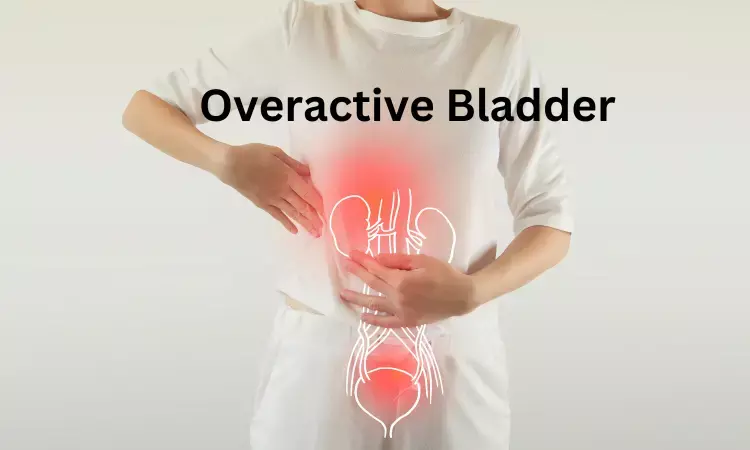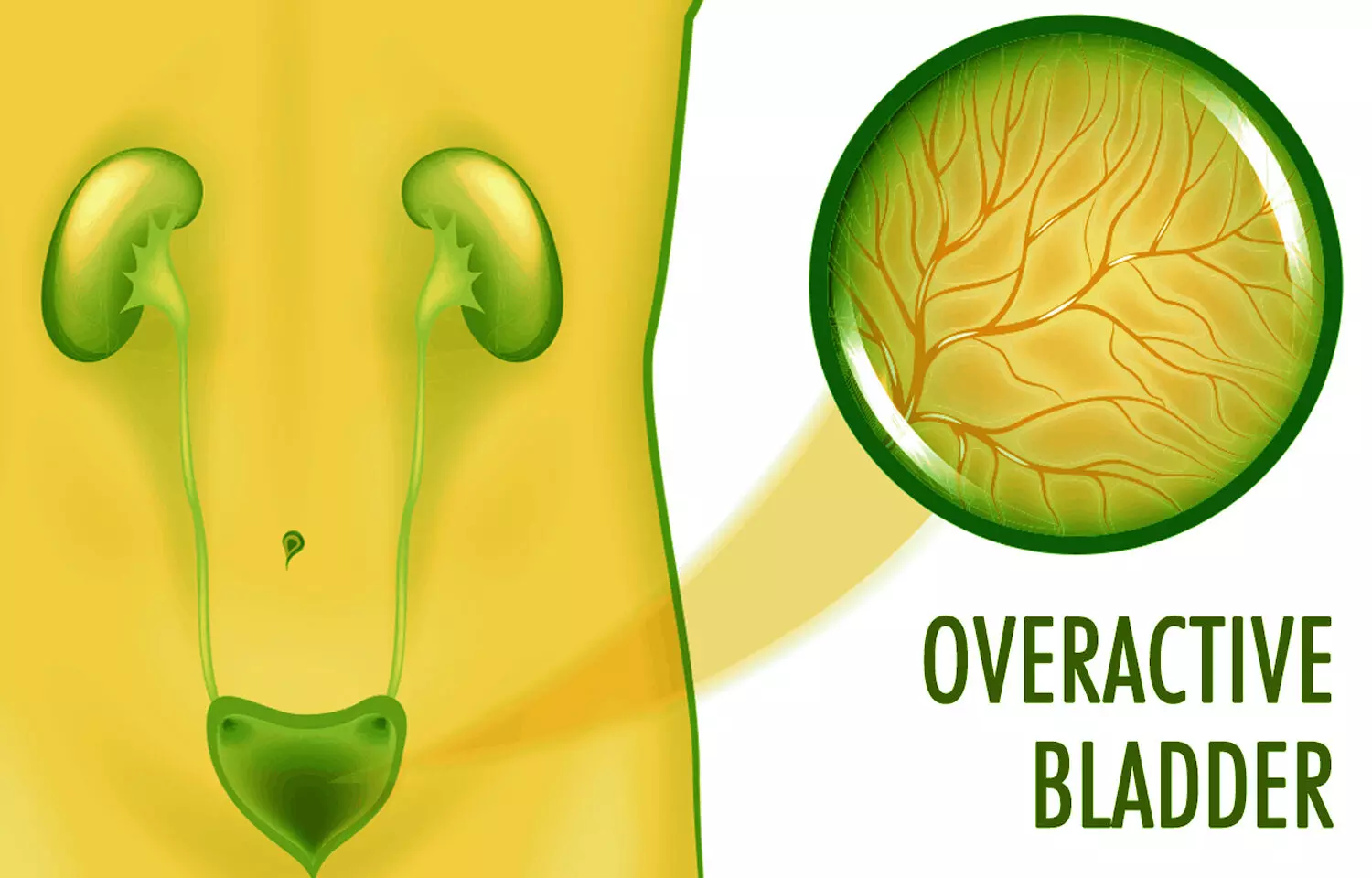- Home
- Medical news & Guidelines
- Anesthesiology
- Cardiology and CTVS
- Critical Care
- Dentistry
- Dermatology
- Diabetes and Endocrinology
- ENT
- Gastroenterology
- Medicine
- Nephrology
- Neurology
- Obstretics-Gynaecology
- Oncology
- Ophthalmology
- Orthopaedics
- Pediatrics-Neonatology
- Psychiatry
- Pulmonology
- Radiology
- Surgery
- Urology
- Laboratory Medicine
- Diet
- Nursing
- Paramedical
- Physiotherapy
- Health news
- Fact Check
- Bone Health Fact Check
- Brain Health Fact Check
- Cancer Related Fact Check
- Child Care Fact Check
- Dental and oral health fact check
- Diabetes and metabolic health fact check
- Diet and Nutrition Fact Check
- Eye and ENT Care Fact Check
- Fitness fact check
- Gut health fact check
- Heart health fact check
- Kidney health fact check
- Medical education fact check
- Men's health fact check
- Respiratory fact check
- Skin and hair care fact check
- Vaccine and Immunization fact check
- Women's health fact check
- AYUSH
- State News
- Andaman and Nicobar Islands
- Andhra Pradesh
- Arunachal Pradesh
- Assam
- Bihar
- Chandigarh
- Chattisgarh
- Dadra and Nagar Haveli
- Daman and Diu
- Delhi
- Goa
- Gujarat
- Haryana
- Himachal Pradesh
- Jammu & Kashmir
- Jharkhand
- Karnataka
- Kerala
- Ladakh
- Lakshadweep
- Madhya Pradesh
- Maharashtra
- Manipur
- Meghalaya
- Mizoram
- Nagaland
- Odisha
- Puducherry
- Punjab
- Rajasthan
- Sikkim
- Tamil Nadu
- Telangana
- Tripura
- Uttar Pradesh
- Uttrakhand
- West Bengal
- Medical Education
- Industry
Revolutionizing Overactive Bladder Treatment: Digital Conversational Agent Offers Promising Results

In a pioneering study conducted by Renalis University Hospitals in Cleveland, Ohio, a novel approach to treating overactive bladder (OAB) has emerged with the use of a digital conversational agent named CeCe. They found that CeCe's role as a digital conversational agent emerged as a promising solution, effectively alleviating the severity of OAB symptoms and enhancing the overall quality of life for patients.
The study results were published in the journal UroGynecology.
Overactive bladder (OAB) syndrome stands as a persistent medical condition significantly impacting the quality of life for a considerable portion of the population. It disrupts the activities of daily living and many individuals refrain from seeking medical assistance. As conservative therapy is effective in the management of overactive bladder, researchers conducted a prospective observational trial to evaluate the efficacy of digital conversational agents for the treatment of Overactive bladder.
In this prospective observational trial, a digital conversational agent developed by Renalis University Hospitals in Cleveland, Ohio, was employed for OAB treatment. Patients accessed CeCe over 8 weeks, receiving guidance on bladder training, pelvic floor exercises, and comprehensive information on bladder health. The primary objective was to assess a reduction in the International Consultation on Incontinence—Overactive Bladder Quality-of-Life Questionnaire (ICIQ-OAB-QoL) score from week 1 to week 8. Additionally, patients completed the 36-item Short-Form Health Survey and Generalized Anxiety Disorder Questionnaire at the same intervals, along with voiding diaries at weeks 1, 4, and 8. A power analysis indicated that a total of 30 patients were necessary to demonstrate a significant difference in symptom scores post-CeCe use, with 80% power and an α error of 5%.
Findings:
- All data collection was completed by 29 patients. There was a significant difference in ICIQ-OAB-QoL scores between weeks 1 and 8 (62 [IQR], 49–75) compared to 32 [IQR, 24–43]; P < 0.001).
- Patients also noted a decrease in frequency before and after treatment (7 [IQR, 6–10] vs. 5 [IQR, 4–7]; P = −0.04), diminished nocturia (2 [IQR, 1–3] vs. 1 [IQR, 1–2]; P = 0.03), and a substantial reduction in urge urinary incontinence (2 [IQR, 1–5] vs. 0 [IQR, 0–3]; P = 0.04).
- Additionally, a noteworthy decline in alcohol consumption from 24 oz [IQR, 12–36 oz) in week 1 to 14 oz (IQR, 9–22 oz]; P = 0.02) in week 8 was noted.
BDS, MDS
Dr.Niharika Harsha B (BDS,MDS) completed her BDS from Govt Dental College, Hyderabad and MDS from Dr.NTR University of health sciences(Now Kaloji Rao University). She has 4 years of private dental practice and worked for 2 years as Consultant Oral Radiologist at a Dental Imaging Centre in Hyderabad. She worked as Research Assistant and scientific writer in the development of Oral Anti cancer screening device with her seniors. She has a deep intriguing wish in writing highly engaging, captivating and informative medical content for a wider audience. She can be contacted at editorial@medicaldialogues.in.
Dr Kamal Kant Kohli-MBBS, DTCD- a chest specialist with more than 30 years of practice and a flair for writing clinical articles, Dr Kamal Kant Kohli joined Medical Dialogues as a Chief Editor of Medical News. Besides writing articles, as an editor, he proofreads and verifies all the medical content published on Medical Dialogues including those coming from journals, studies,medical conferences,guidelines etc. Email: drkohli@medicaldialogues.in. Contact no. 011-43720751




